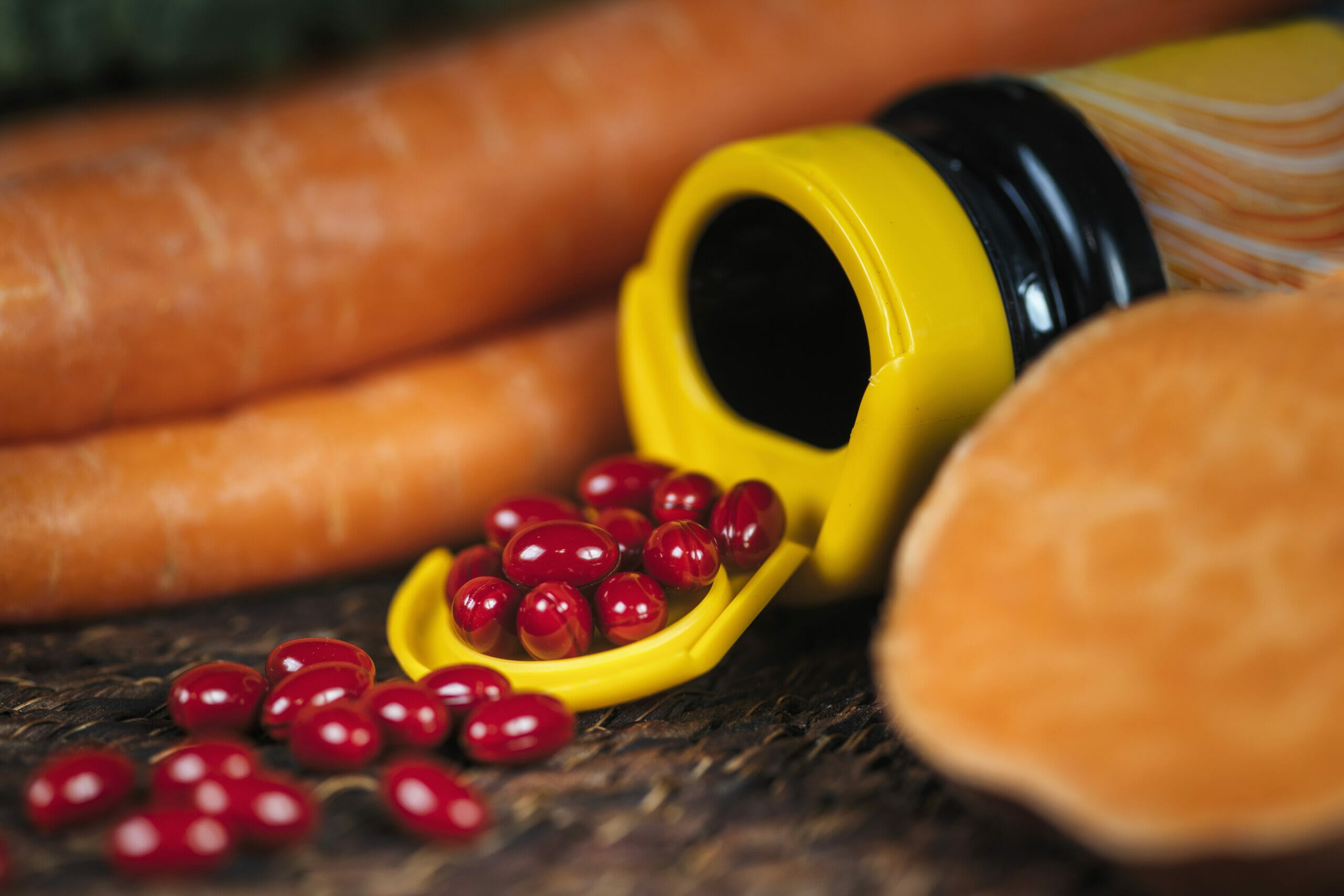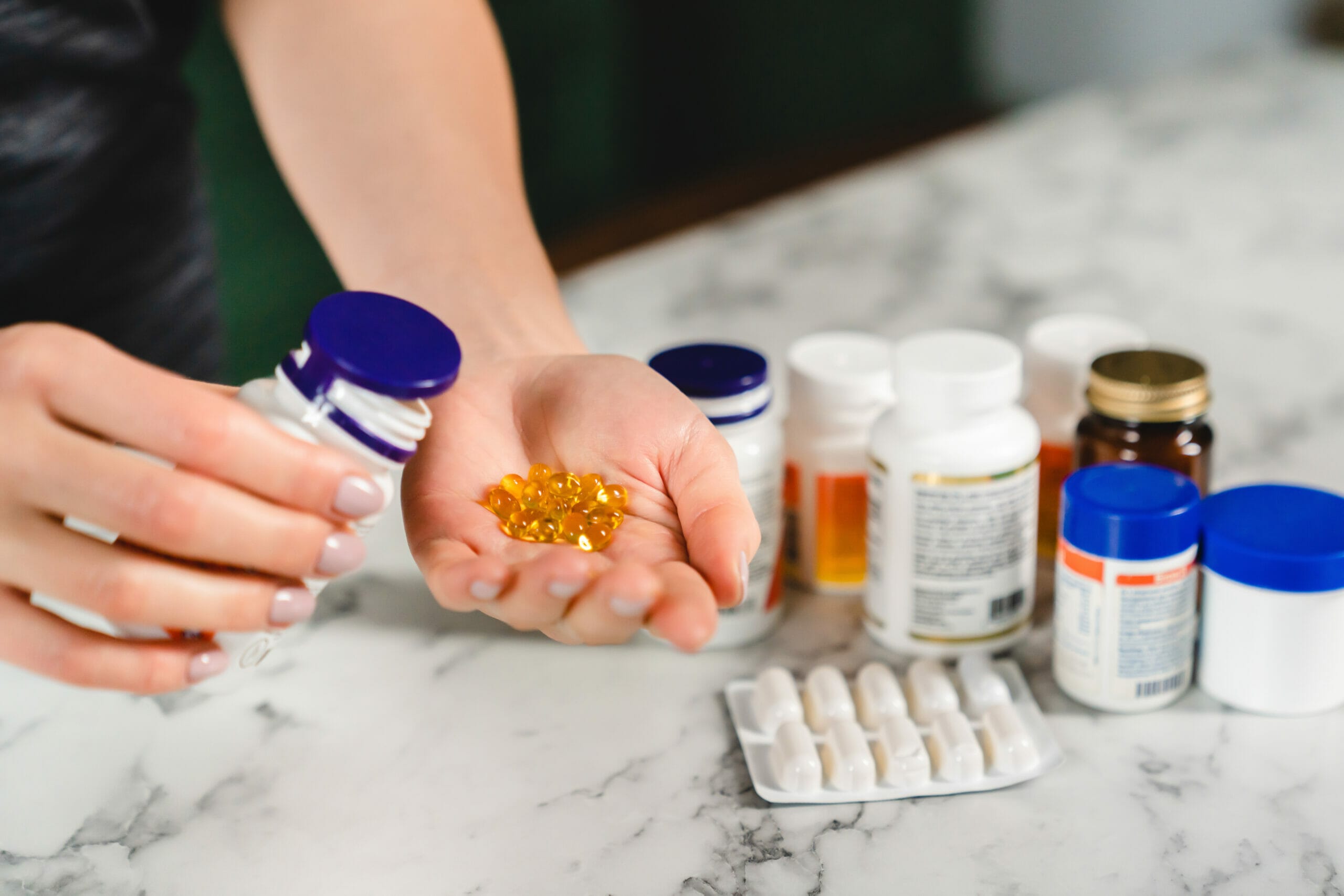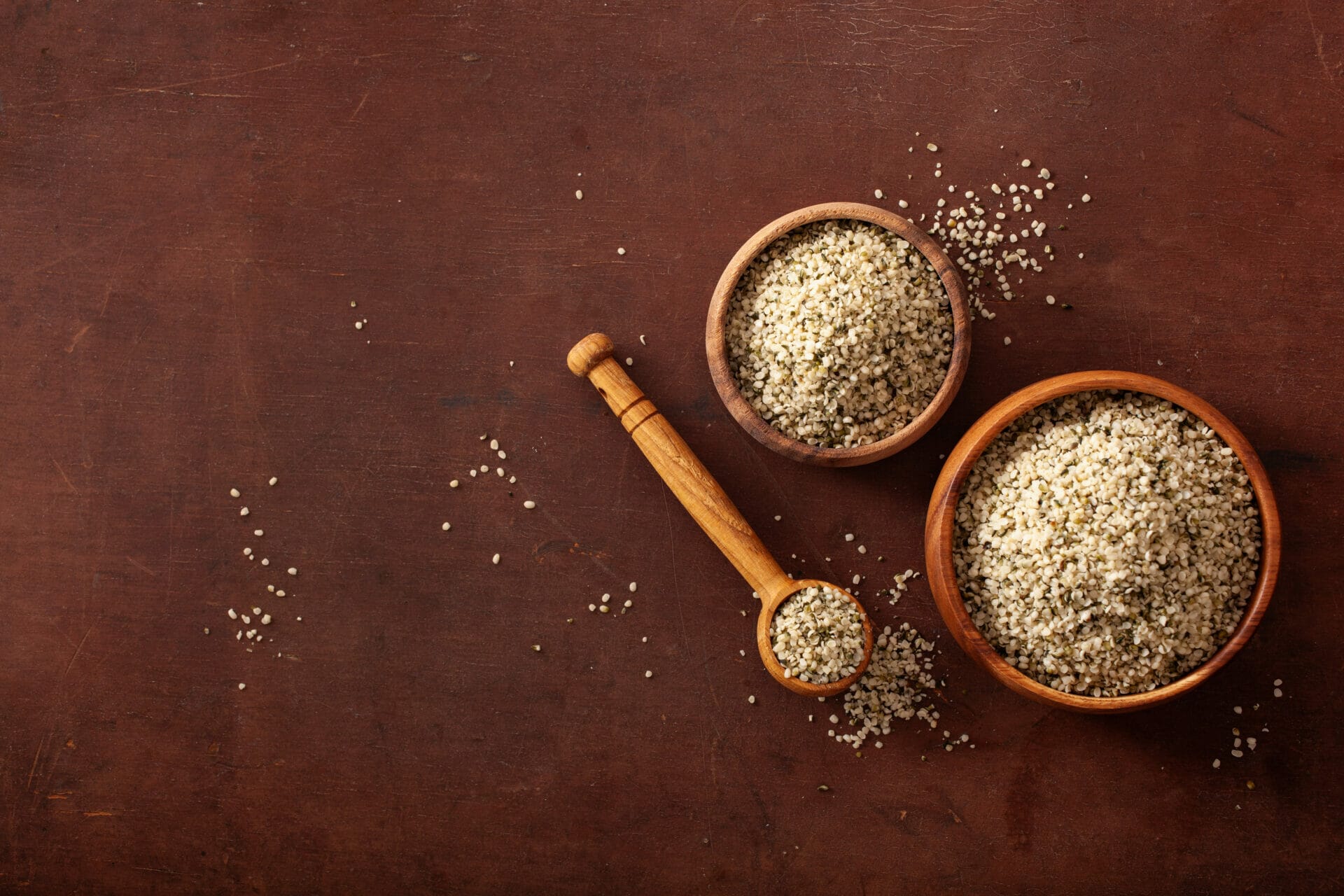Over the course of the last several decades, there has been a significant increase across the globe in the variety of nutritional food supplements that are made available to customers in grocery and convenience stores, specialty shops, and most notably through multilevel marketing.
Medication and nutraceuticals, which help people stay healthy, are becoming more similar. Due to their health claims, some global food and medication administrations are scrutinizing Nutritional Food Supplements. This article examines the products’ ingredients to determine if any are troublesome for Muslim consumers.
Muslim consumers should avoid deliberately ingesting haram or problematic substances, yet it is permitted to drink them if necessary. Gelatin capsules are used for prescription drugs but not multivitamins, Nutritional Food Supplements. Pork gelatin is used to make capsules without halal or bovine labels. Islam forbids pork gelatin. Muslim scholars in the Halal food industry must consider this.
Medical treatment is exempt from halal food rules. Most medications can’t be substituted. However, multivitamins are taken to promote health rather than treat serious ailments. One must take capsule-only drugs.

Additionally, one is not required to take vitamins in gelatin capsules because there are many other forms of multivitamins, such as pills, liquids, and veggie capsules. One can choose to take vitamins in any of these other forms instead. A significant number of customers look for items that do not include alcohol, such as cough syrups. They also have the option of requesting tablets rather than gelatin capsules from the chemist. People from all over the world come to Malaysia in search of halal versions of various items because it is one of the most active markets for nutritional supplements.
However, due to the fact that the Malaysian Department of Health considers nutritional supplements to be both health and medication items, it has been decided that these supplements cannot be categorized with food products. Displaying halal markings on such products is considered to be in violation of local legislation.
Because Muslim customers are really worried about this rule, it’s possible that the government will have to give in to the demands of the customers and overturn the regulation in question. On the other hand, the authorities in Indonesia are expanding their halal program to include not only foods but also drugs and cosmetics.
This is evidenced by the establishment of an organization known as the Assessment Institute for Foods, Drugs, and Cosmetics (AIFDC), which operates under the supervision of the Religious Council of Indonesia, also known as the Majelis Ulama Indonesia (MUI). Establishments and products, such as foods, pharmaceuticals, cosmetics, personal care products, and other consumables, are subject to inspection, evaluation, certification, and monitoring by the AIFDC. On the labeling of certified halal products or ingredients, the AIFDC requires companies to include their logos or other halal insignia. Before releasing a product in any nation or region, it is necessary, as a result, to ascertain whether or not the market will support it.
The general criteria that are followed during the manufacturing of nutritional supplements are very similar to those that are followed during the manufacturing of other food products. Botanical ingredients and extracts of plants are often what make up the bulk of nutritional food supplements. When making supplements, one must make sure to steer clear of any substances that are derived from animals.
In many different civilizations and traditions, botanical substances have been utilized for hundreds of years, such as ginseng in the Chinese culture, black seed in the Islamic past, and asphoetida in the Indian tradition.

Many times, ingredient databases contain thousands of entries. In a given time period, businesses may use a few thousand distinct ingredients. The halal status of each ingredient used in the sector is outside the purview of this page. Only a few of the ingredients and the products they may be utilized in that may raise halal concerns are listed here.
Flavors and Colourants are the formulations of these substances that may contain alcohol or elements of haram animal origin, such as civet oil.
Carotene is frequently used in modest amounts with gelatin. Gelatin is utilized to encase and safeguard its color and other qualities. Some businesses employ fish gelatin to encapsulate their products, making them both halal and kosher. To encapsulate beta-carotene, producers also employ halal bovine gelatin or plant gums.
Gelatin is a material that is frequently used to create both soft gel and two-piece hard shell capsules. Porcine gelatin can be replaced with halal gelatin, cellulose, or starch.
Stearates derived from animal sources can be employed as tableting aids or free-flowing agents in powders. Manufacturers can utilize stearates derived from plant sources for halal products.
Tweens are occasionally used to coat and polish tablets. Halal items should utilize vegetable-derived ingredients rather than those produced from animals.
Glycerin is a substance that is utilized in the production of capsules and possibly other goods as well. Plant-based glycerin is halal and appropriate for these uses.
The physical forms of nutritional food products include powders, liquids, tablets, one-piece capsules with a soft shell and two-piece capsules with a hard shell. Food matrices like juices, snack bars, or energy drinks can also contain nutraceutical additives.
Tablets — can be coated with specialized lipids such as polysorbates or gelatin (gel tabs). Halal tablets should only contain gelatin that has been certified halal and lipids derived from plants. Tablet coating materials in halal items can also include sugars and plant proteins like zein.
Drinks and supplements that are in liquid form often include ethyl alcohol as a preservative or solvent. Alternatives can be utilized, such as propylene glycol and water combinations. According to later articles, the final product may include no more than 0.1% alcohol.
The gelatin used to be the only material utilized to make soft gel capsules, which are one-piece capsules. Vegetarian components such as modified starch, cellulose gum, and other plant gums can also be used to make them. For this use, halal-certified bovine and fish gelatin are also accessible. Softgel capsules may additionally include glycerin or fatty compounds in addition to the main ingredient; these components must come from plant sources to be considered halal.
Similar to soft gels, two-piece hard gel capsules were formerly only constructed of gelatin. Vegetarian capsules, made specifically for nutritional supplements, are now available. Modified cellulose, modified starches, or other plant components can be used to create vegetarian capsules. As processing aids, glycerin and other substances might be employed. Such ingredients must all come from petroleum- or vegetable-based sources. If two-piece gelatin capsules are used, they must be of the bovine variety and be halal certified, along with any incidental additives.
It is advised that pharmaceutical products and nutritional and dietary food supplements be produced without using any animal products at all, to ensure that the product is acceptable for halal, kosher, vegetarians, and vegans.


